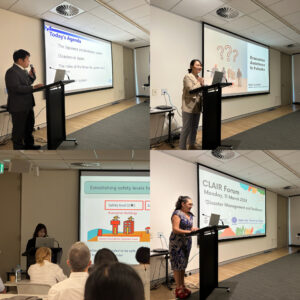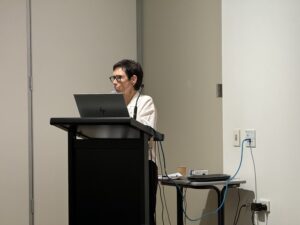In Japan, February is the peak of the cold and flu season. Infants, school children and elders are often inoculated against the flu because they are especially vulnerable to the disease and sometimes infection could lead to more serious conditions.
Japanese local governments do their part to support people during flu season by administering flu shots since one of the most important roles of local government is to promote public health and protect residents from diseases. This is one of the vital reasons for the longevity of Japanese people.
Every prefecture or large city has its own public health centre, which has doctors and nurses specializing in public health. The public health centre is responsible for not only inoculation but also consultation for its residents’ health and checking of food hygiene of restaurants and stalls, which must get licenses to operate from the public health centre.
As you can see, public health centres play a huge role in local governments. As such, whenever decentralisation reform is debated, the size of a city that warrants its own public health centre often becomes a point of contention. Right now, designated cities with populations over 200 thousand operate public health centres and in other regions with lower population numbers, the centres are run by prefectural governments.
Katsunori Kamibo
Director






 12月3~13日、福岡県水泳連盟の選抜選手8名がNSW州を訪問し、現地の学校との合同練習とNSW州の大会に参加しました。
12月3~13日、福岡県水泳連盟の選抜選手8名がNSW州を訪問し、現地の学校との合同練習とNSW州の大会に参加しました。

